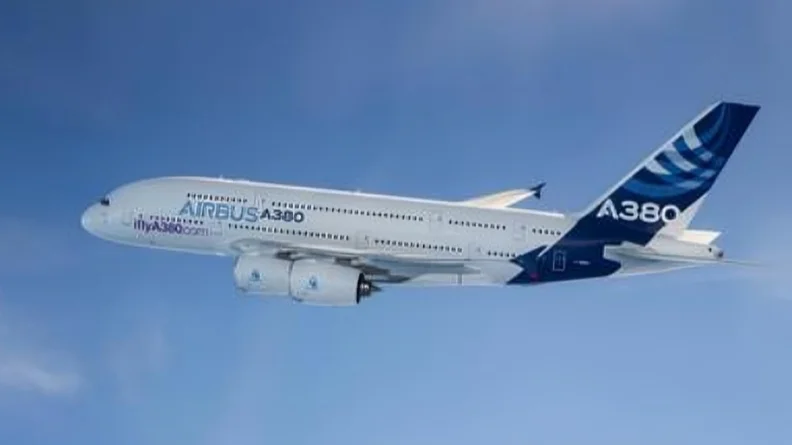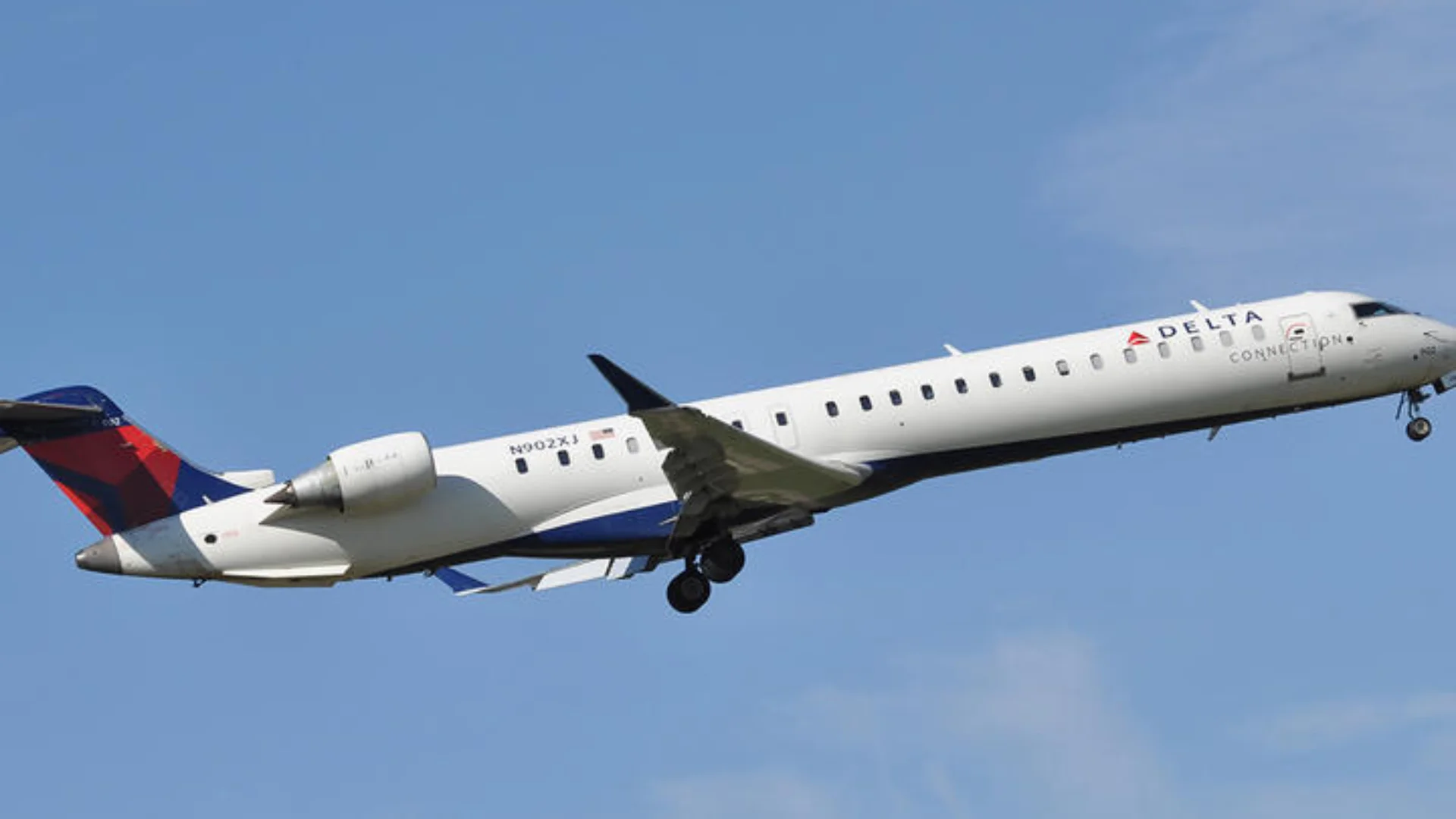The aviation industry is grappling with an increase in GPS spoofing and jamming incidents, particularly in conflict-prone areas. These disruptions have affected navigational systems, leading to false time or location reports. However, flight control systems remain unaffected so far. The European Union Aviation Safety Agency (EASA) and the International Air Transport Association (IATA) issued a joint statement highlighting that "interference can pose significant challenges to aviation safety." They urge for more actions to mitigate this issue.
GPS spoofing involves sending incorrect Global Positioning System signals to mislead aircraft or drones. According to OpsGroup, there have been cases where Global Navigation Satellite System signals are jammed or falsified, affecting the accuracy of GPS data and sometimes disabling navigation systems entirely.
OpsGroup has noted a rise in these incidents, particularly around the Black Sea, the Middle East, and Eastern Europe. In September 2023 alone, they received almost 50 reports of such events. Some aircraft flying near Iran's border over Iraq lost navigational capacity due to these activities.
 Alerts Sign-up
Alerts Sign-up








